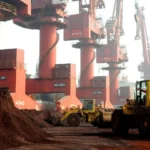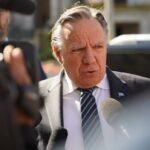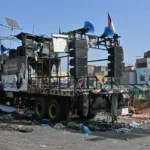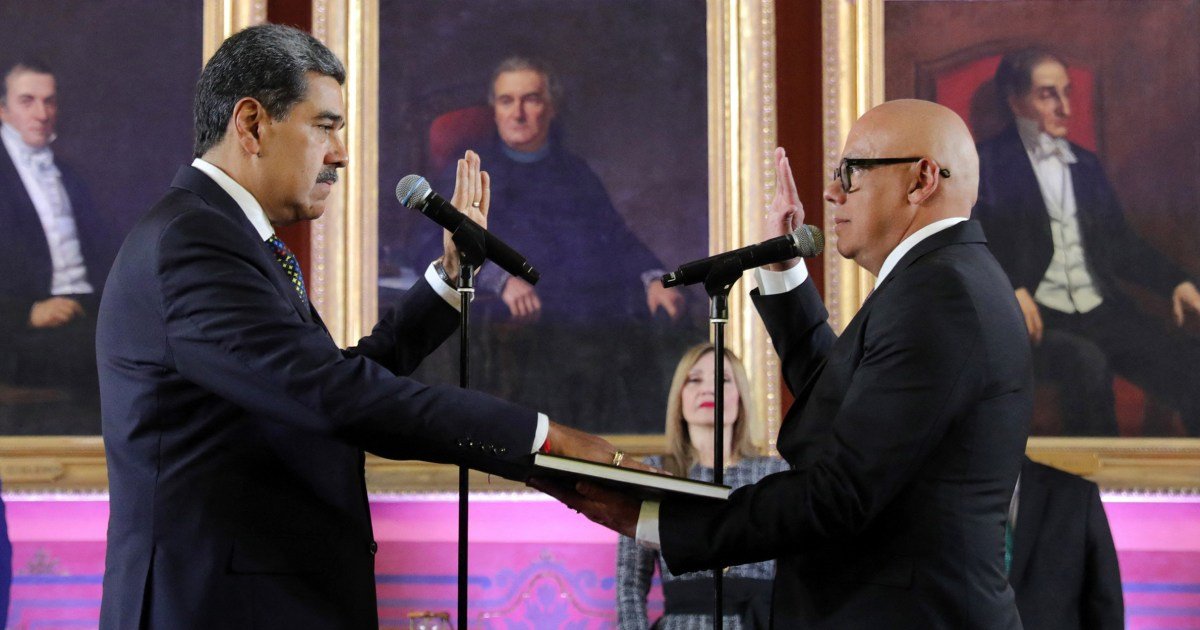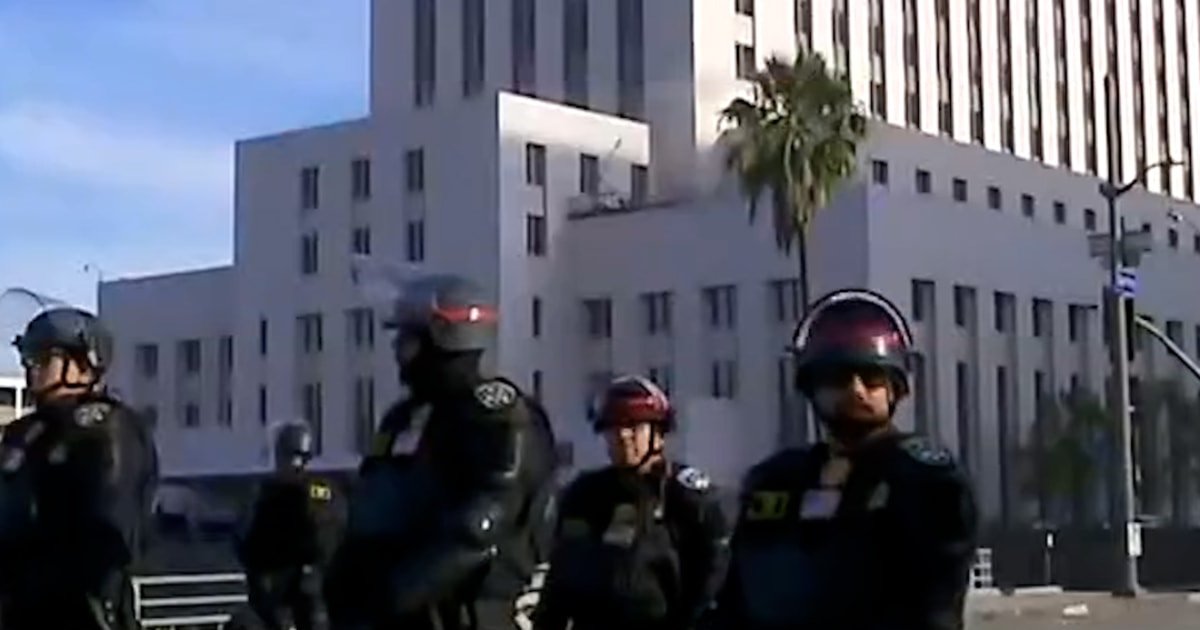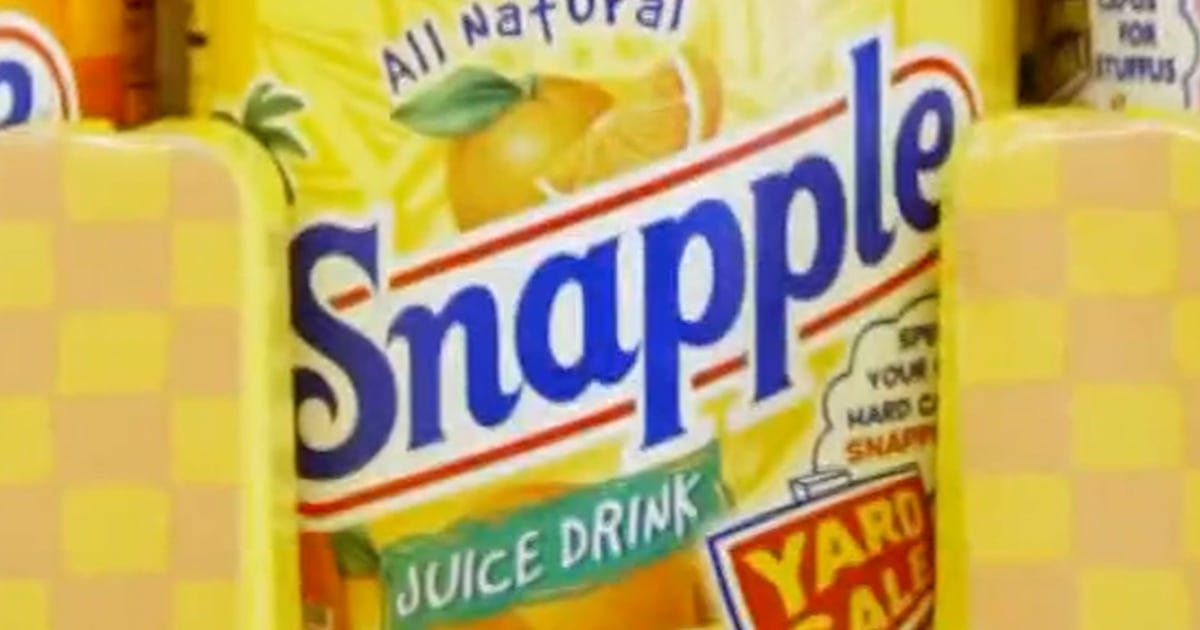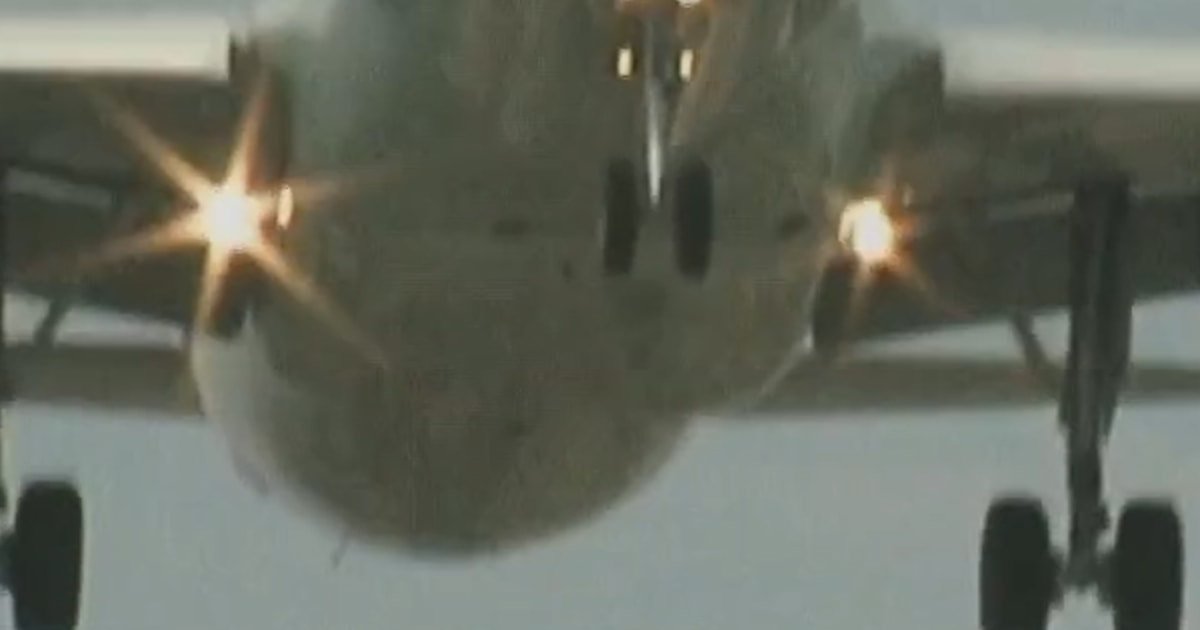CARACAS, Venezuela – Venezuelan President Nicolás Maduro was sworn in Friday to serve a third six-year term, extending his increasingly repressive rule until 2031 despite protests and credible evidence that his opponent won the election.
Venezuela’s legislative palace, where he took the oath and gave a fiery speech, was heavily guarded by police, military and intelligence agents. Crowds of people, many wearing pro-Maduro T-shirts, gathered on adjacent streets and in a nearby plaza.
Maduro accused the opposition of trying to turn his takeover into a “world war” and said the faction’s failure to stop the takeover was “a great Venezuelan victory.” He accused external powers of “attacking” Venezuela, specifically the United States government, and promised to guarantee “peace and national sovereignty.”
“Today more than ever I feel the weight of commitment, of the power that I represent, of the power that the constitution grants me,” he stated. “The United States government nor the pro-imperialist governments of Latin America have made me president.”
The opposition collected records from more than 80% of electronic voting machines after the July 28 election, posted them online and said they show González won twice as many votes as Maduro. The US-based Carter Center, which observed the election at the government’s invitation, declared the counts published by the opposition legitimate. Other election experts whom the government allowed to witness the vote said election records posted online by the opposition appear to exhibit all the original security features.
On Friday, the European Union imposed sanctions on 15 senior Venezuelan officials who played a role in the country’s 2024 elections, including the president and vice president of Venezuela’s Supreme Court, the electoral agency and others. The 27-nation bloc said those officials have put the country’s democracy at risk. The US Treasury Department also imposed a new round of sanctions on Venezuelan officials, including the president of Venezuela’s state oil company, Maduro’s transportation minister and the state airline, among others.
On Thursday, as hundreds of anti-Maduro protesters took to the streets of the capital Caracas, aides to opposition leader María Corina Machado said security forces briefly detained her and forced her to record videos.
The popular former legislator, who has been banned by the government from running for office, had emerged from months of hiding to join the demonstration to demand that González be sworn in in Maduro’s place.
Machado addressed the demonstration and then left on a motorcycle with his security convoy. Machado’s press team later announced on social media that security forces “violently intercepted” his convoy. His advisers confirmed to The Associated Press that the hardline opponent was detained.
Leaders from America and Europe condemned the government for repressing opposition voices and demanded his release. The president-elect of the United States, Donald Trump, expressed his support for Machado and González.
“These freedom fighters must not be harmed and MUST remain SAFE and ALIVE!” Trump said on Truth Social.
Maduro supporters denied that Machado was arrested and said government opponents were spreading fake news to create an international crisis.
The uproar ahead of Maduro’s inauguration added to the litany of accusations of electoral fraud and brutal repression to silence dissent.
Electoral authorities loyal to the ruling party declared Maduro the winner hours after polls closed on July 28, but unlike previous presidential elections, they did not provide detailed vote counts.
Global condemnation over the lack of transparency led Maduro to ask the country’s top court, also packed with allies from his United Socialist Party of Venezuela, to audit the election results. The court reaffirmed Maduro’s victory without providing exhaustive evidence and encouraged the electoral council to publish vote counts. But neither the council nor the ruling party presented any evidence that Maduro had won, even though representatives of his voting centers also had the right to the recount records of all voting machines.
The dispute over the results sparked international outrage and nationwide protests. The government responded in full force, arresting more than 2,000 protesters and encouraging Venezuelans to report anyone they suspect of being an adversary of the ruling party. More than 20 people died during the riots and many protesters reported being tortured in custody.
Outside Friday’s inauguration ceremony, Maduro supporters were delighted. One of them was Maricarmen Ruiz, 18, who could not hold back her tears.
“I have no words to express my emotion, I am happy,” he said, expressing relief that opposition leader Edmundo González was not “imposed” as president.
It is unclear how many heads of state attended Maduro’s inauguration, organized by the National Assembly controlled by the ruling party. Cameras showed Daniel Ortega of Nicaragua and Miguel Díaz-Canel of Cuba, and Maduro greeted delegates from what he said were more than 120 nations.
Colombian President Gustavo Petro, a close ally of Maduro, said he would not attend the event, citing the arrests earlier in the week of another former member of the Venezuelan opposition and a human rights defender.
Maduro’s last inauguration, in 2019, was attended by the president of Cuba, Miguel Díaz-Canel, and the then president of Bolivia, Evo Morales. The 2018 election was widely considered a sham after his government banned major opposition parties from participating.
And it is still unclear whether González, who went into exile in Spain in September, will keep his promise to return to Venezuela on Friday.
Government officials have repeatedly threatened González with arrest if he sets foot on Venezuelan soil. On Tuesday, González said his son-in-law Rafael Tudares had been kidnapped in Caracas. González’s daughter, Mariana González de Tudares, suggested in a statement that the government was behind her husband’s disappearance.
“At what point did having a relationship with Edmundo González Urrutia become a crime?” she said.

